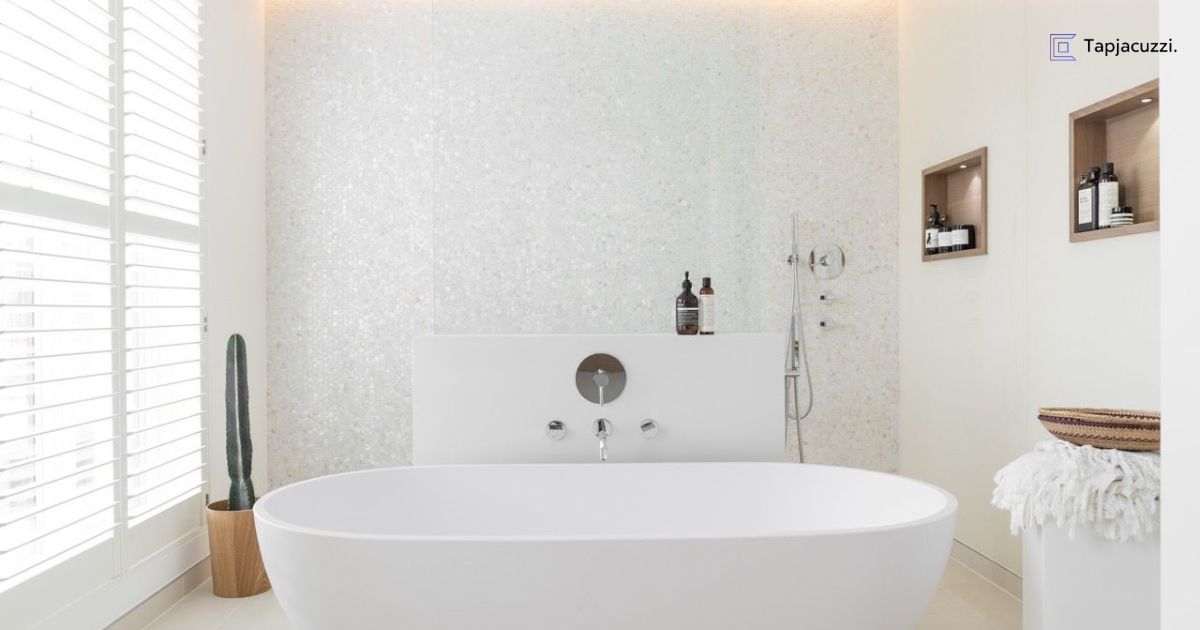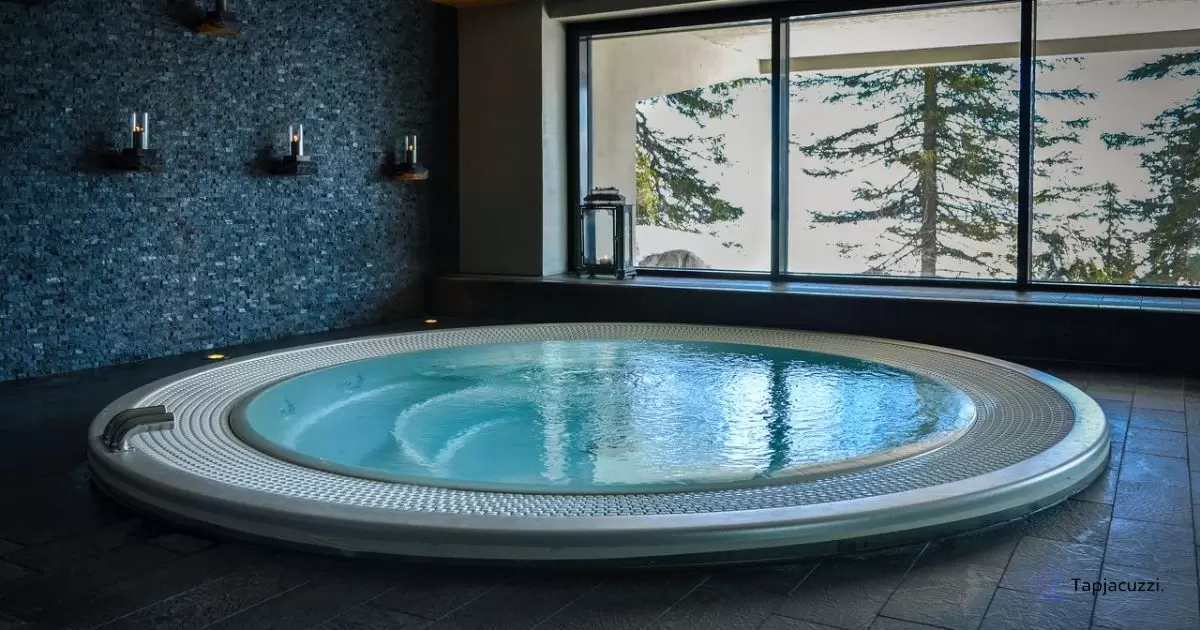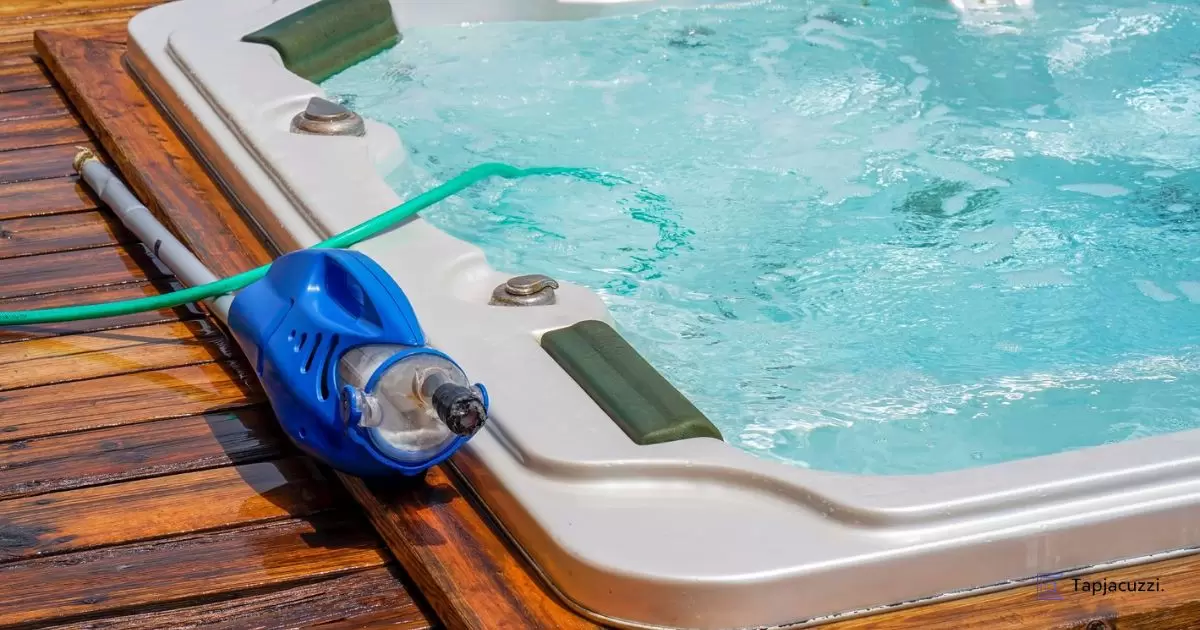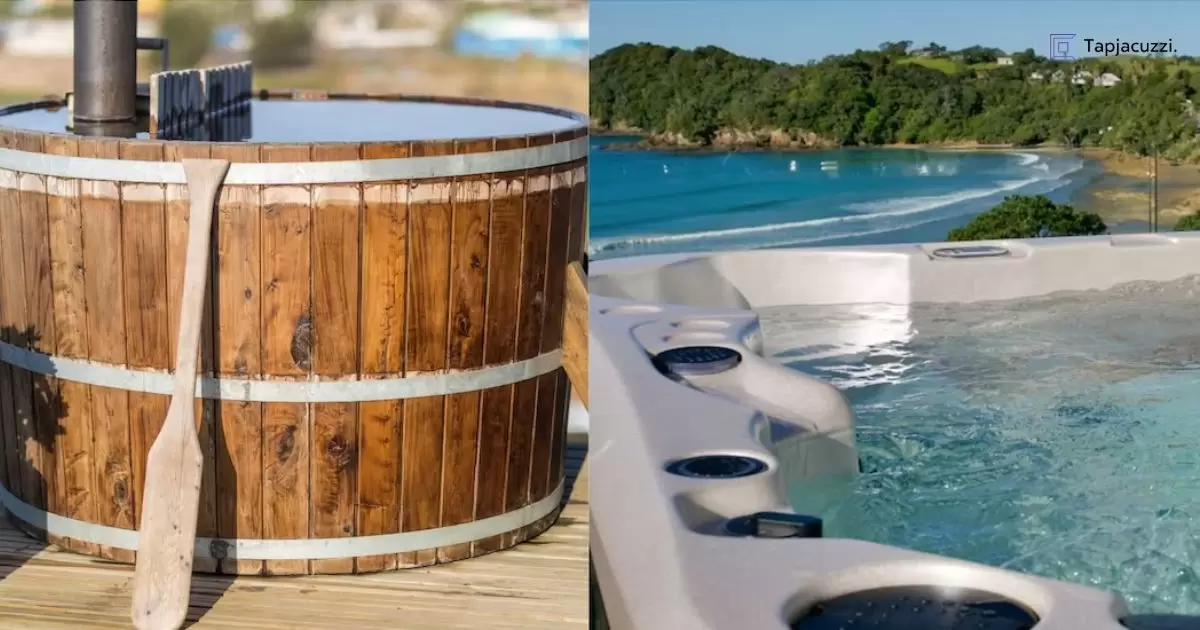When it comes to creating a relaxing and soothing bathing experience, many individuals often find themselves deciding between a traditional bathtub and a luxurious Jacuzzi. While both options offer the opportunity for relaxation and rejuvenation, there are distinct differences to consider.
In this article, we will explore the disparities between a bathtub and a Jacuzzi, highlighting their definitions, features, benefits, and cost comparisons. We will delve into factors to consider when choosing between these two options and discuss maintenance and care.
By the end, you will have a comprehensive understanding of the variances between a bathtub and a Jacuzzi, enabling you to make an informed decision that aligns with your preferences and desires for a comforting bathing experience.
Key Takeaways
- A bathtub is a common fixture in bathrooms that is used for bathing, while a Jacuzzi is a brand name for a type of hot tub or whirlpool bath that provides a more luxurious and therapeutic bathing experience.
- Features of a bathtub typically include a simple design with a built-in or freestanding structure, while Jacuzzis often have additional features such as jets for hydrotherapy and adjustable settings for water temperature and pressure.
- Benefits of a bathtub include affordability, simplicity, and versatility, as it can be used for regular bathing and soaking, while Jacuzzis offer added relaxation, stress relief, and potential health benefits, such as improved circulation and muscle relaxation.
- When choosing between a bathtub and a Jacuzzi, factors to consider include available space and bathroom design, as Jacuzzis require more room and may need additional plumbing, as well as lifestyle considerations, such as the frequency of use and personal preferences for bathing experiences.
Definition of Bathtub

A bathtub is a stationary water-filled container that is designed for bathing and is typically made of porcelain or acrylic. It provides individuals with a comfortable and convenient space to cleanse themselves.
The primary function of a bathtub is to hold water for bathing purposes, allowing users to immerse themselves in water and effectively clean their bodies. Bathtubs come in various sizes and shapes, catering to the diverse needs and preferences of individuals seeking a relaxing and hygienic bathing experience.
Definition of Jacuzzi
Jacuzzi is a brand name that is often used as a generic term to refer to a type of bathtub that is equipped with massaging jets. Here are four key features that set a Jacuzzi apart from a regular bathtub:
- Jets: Jacuzzis are designed with strategically placed jets that provide a therapeutic massage experience.
- Water circulation: Jacuzzis have a built-in system that recirculates the water, keeping it warm and clean.
- Adjustable settings: Users can adjust the intensity and pattern of the jets to customize their massage experience.
- Additional features: Some Jacuzzis may include features like underwater lighting, aromatherapy options, and built-in sound systems for added relaxation.
These features, combined with the Jacuzzi brand’s reputation for quality and innovation, make it a popular choice for those seeking a luxurious and therapeutic bathing experience.
Features of a Bathtub
The features of a bathtub include its basic design and functionality. A bathtub is a large container filled with water in which a person can bathe. It typically has a smooth surface and is made of materials such as porcelain, acrylic, or fiberglass.
The main purpose of a bathtub is to provide a space for bathing and relaxation. Some common features of bathtubs may include built-in armrests, backrests, and non-slip surfaces. Now let’s explore the features of a jacuzzi.
Features of a Jacuzzi

Continuing the exploration of bathtub features, a jacuzzi offers additional amenities that enhance the bathing and relaxation experience. These features include:
- Hydrotherapy Jets: Jacuzzis are equipped with powerful jets that release streams of warm water, providing a soothing massage and relieving muscle tension.
- Adjustable Controls: Users can customize their jacuzzi experience by adjusting the jet intensity, water temperature, and even adding aromatherapy scents.
- Water Filtration System: Jacuzzis are equipped with advanced filtration systems that ensure clean and hygienic water, preventing the growth of bacteria and maintaining water quality.
- Built-in Lights and Sound Systems: Many jacuzzis come with built-in LED lights and audio systems, creating a serene ambiance and allowing users to enjoy their favorite music while soaking in the tub.
These features make a jacuzzi a luxurious and indulgent addition to any bathroom, offering a spa-like experience in the comfort of one’s home.
Benefits of a Bathtub
What advantages does a traditional bathtub offer compared to a Jacuzzi? A bathtub provides a simple and cost-effective option for bathing, suitable for those who prefer a traditional bathing experience.
It offers a versatile space for relaxation, allowing users to soak in warm water and unwind after a long day. Additionally, bathtubs come in various sizes, shapes, and materials, providing options that can be customized to fit different bathroom designs and preferences.
Benefits of a Jacuzzi
One advantage of opting for a Jacuzzi over a traditional bathtub is the enhanced hydrotherapy experience it provides. Jacuzzis are designed with powerful jets that emit streams of water, creating a massaging effect on the body. The benefits of a Jacuzzi include:
- Improved blood circulation: The jets stimulate blood flow, helping to relax muscles and promote better circulation.
- Stress relief: The combination of warm water and massaging jets can help reduce stress and promote relaxation.
- Muscle relaxation: The hydrotherapy provided by Jacuzzis can help relieve muscle tension and ease soreness.
- Enhanced sleep quality: The relaxation induced by a Jacuzzi can lead to improved sleep, allowing for a better night’s rest.
Transitioning into the next section about cost comparison, it is important to consider the benefits of a Jacuzzi when evaluating its value compared to a traditional bathtub.
Cost Comparison Between Bathtubs and Jacuzzis
When considering the difference between a bathtub and a Jacuzzi, it is essential to examine the cost comparison between the two options. While bathtubs are generally more affordable, Jacuzzis offer additional features and functionalities that justify their higher price tag.
To provide a clear understanding of the cost comparison, the table below outlines the average costs of bathtubs and Jacuzzis, including installation and maintenance expenses.
| Bathtub | Jacuzzi | |
|---|---|---|
| Initial Cost | $500-$2,000 | $2,500-$15,000 |
| Installation | $500-$1,500 | $2,000-$5,000 |
| Maintenance | $100-$500 per year | $500-$1,000 per year |
| Energy Consumption | Low | High |
How to Choose Between a Bathtub and a Jacuzzi
To properly decide between a bathtub and a Jacuzzi, it is important to carefully consider individual preferences and requirements. Here are four key factors to help you make an informed choice:
- Space: Evaluate the available space in your bathroom to determine if it can accommodate a bathtub or a Jacuzzi.
- Budget: Consider your budget and the cost of installation, maintenance, and potential repairs for both options.
- Functionality: Determine the primary purpose of the fixture—whether it is for relaxation or therapeutic purposes.
- Maintenance: Assess the level of maintenance required for each option, including cleaning, water treatment, and potential repairs.
Maintenance and Care for Bathtubs and Jacuzzis

Proper maintenance and care for bathtubs and Jacuzzis, including those equipped with Jacuzzi Pool Pumps, is essential for their longevity and optimal performance. Regular cleaning is necessary to prevent the build-up of dirt, soap scum, and bacteria.
For bathtubs, use mild soap or cleaning agents specifically designed for the material used. Scrub gently with a soft cloth or non-abrasive sponge. For Jacuzzis, follow the manufacturer’s instructions for cleaning and sanitizing the water, including the use of appropriate chemicals.
Regular inspections for leaks and malfunctions are also recommended. Taking these steps will ensure the longevity and efficiency of your bathtub or Jacuzzi. Now, let’s move on to the conclusion: making the right choice for you.
Conclusion: Making the Right Choice for You
To make the right choice for your needs, it is crucial to carefully consider your preferences and requirements when selecting between a bathtub and a Jacuzzi. Here are four key factors to help you make an informed decision:
- Space: Determine the available space in your bathroom and choose a fixture that fits comfortably without overcrowding the area.
- Budget: Consider your financial capabilities and compare the costs of bathtubs and Jacuzzis, including installation and maintenance expenses.
- Health Benefits: Assess your specific health needs and examine the therapeutic features offered by Jacuzzis, such as hydrotherapy and massaging jets.
- Lifestyle: Reflect on your lifestyle and personal preferences. If you enjoy long, relaxing baths, a bathtub might be more suitable. However, if you seek a luxurious spa-like experience, a Jacuzzi could be the perfect choice.
FAQs
Is Jacuzzi and bathtub same?
Which is better hot tub or Jacuzzi?
Both hot tubs and Jacuzzis offer relaxing experiences, but the choice depends on personal preference. Hot tubs are a generic term for any heated tub, while Jacuzzi refers to a specific brand of hot tubs.
What is the disadvantage of Jacuzzi?
Conclusion
In conclusion, understanding the differences between a bathtub and a Jacuzzi is essential in making an informed decision. While both offer relaxation and cleanliness, Jacuzzis provide additional therapeutic benefits through the use of hydrotherapy. Bathtubs are typically more affordable and easier to maintain, making them a practical choice for those on a budget.
Ultimately, the choice between a bathtub and a Jacuzzi depends on individual preferences, needs, and budget constraints. So, whether you seek a luxurious spa-like experience or a simple and practical bathing option, choose wisely and enjoy the benefits.








